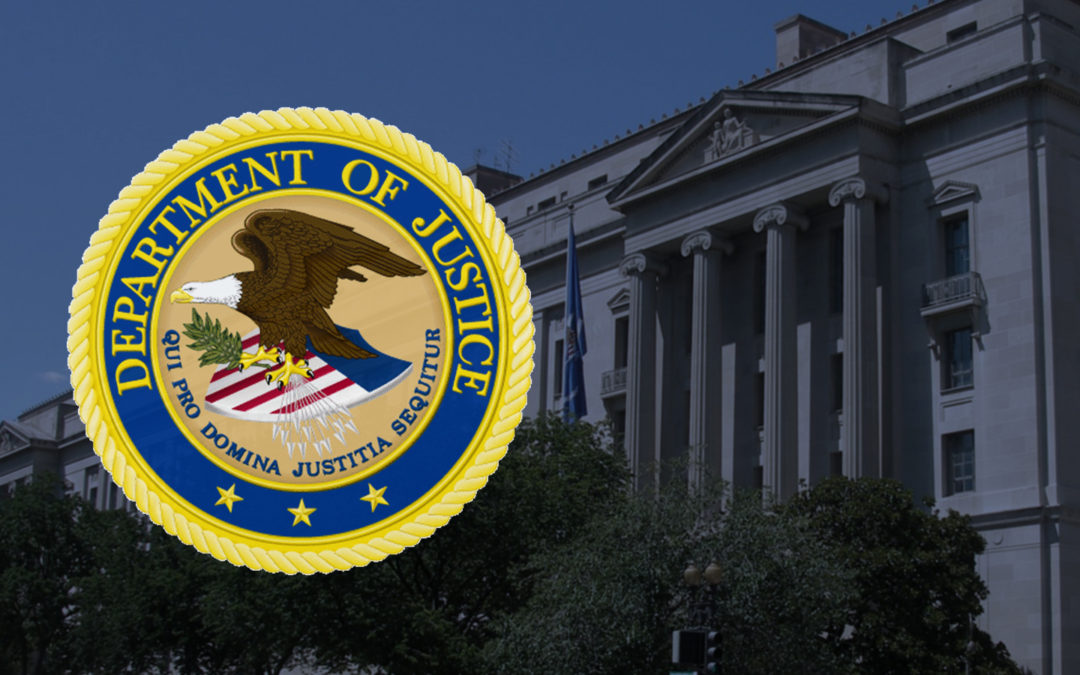As if businesses didn’t have enough to worry about in terms of increased costs and regulations, now we learn that businesses that play music could be paying a lot more in music licensing costs if the U.S. Department of Justice scraps or modifies nearly 80-year-old antitrust protections as requested by music licensing agencies ASCAP and BMI.
To push back against such a move, Custom Channels filed comments recently with the DOJ arguing they should not dismantle the consent decrees that enable small businesses to cost-effectively get licenses to legally play music in retail stores, bars and restaurants, hair salons, hotels, dentist offices, and other public spaces. Earlier this summer, the DOJ announced it was starting a review of the age-old antitrust decrees, asking for comments from the interested parties—which includes both music users like Custom Channels and our customers and music-makers like songwriters and composers—with the intent to determine whether the consent decrees should be continued, modified, replaced, or scrapped altogether.
“Music licensing is extraordinarily complex, and most businesses have no clue how it works,” said Custom Channels co-founder and president David Rahn. “But without obtaining the proper licenses to play—or ‘publicly perform’—music to the public, businesses run the risk of copyright infringement and potentially crippling fines.” The music in question could be from any source—background music, a DJ, live musicians, Radio or TV, YouTube, even Karaoke. Businesses wanting to learn more can read our Licensing Basics 101 for more information on how music licensing works for businesses small and large.
Businesses where music is heard are supposed to get a license from the so-called Performing Rights Organizations (“PROs”) including ASCAP and BMI, whose combined repertoires account for over 80% of commercially-released songs. These blanket licenses protect the business from allegations of copyright infringement, so long as the business follows certain rules and pays license fees that compensate songwriters and publishers. Custom Channels’ business customers automatically have these important licenses covered as part of their service subscription with us.
The antitrust consent decrees, which have guided the music industry since 1941, are government regulations that restrict ASCAP and BMI from charging whatever they want for licenses and provide a mechanism for music users like businesses or radio stations to take the PROs to a rate court before a district judge if the sides can’t agree on a fair price for the licenses. The regulations were put in place to make sure the PROs dealt fairly with both music users (like businesses) and the songwriters they represent, so they couldn’t wield “monopoly” power or discriminate against certain users or songwriters.
“Not surprisingly, ASCAP and BMI are arguing for less government regulation and a sunsetting of the current rules to be replaced by a more free-market approach,” said Rahn. “This sounds reasonable until you realize the impossible task of negotiating individual licenses with multiple owners of millions of songs just to play background music in your business. This could result in chaos – with dramatic increases to the costs of music licensing for ordinary businesses and limitations on what songs are available to be played in bars, restaurants, stores, gyms, and other places where music is heard.”
Custom Channels provides customized streaming music playlists designed for businesses and includes the PRO license fees as part of a subscription. “Music Licensing is our single biggest hard-cost to providing services to our customers. We’re happy to pay the PROs on behalf of our business customers because it’s important to us that the writers and composers that create the music are well-paid and our customers are fully protected; it’s a win-win. But if the protections provided by the consent decrees are relaxed or eliminated, costs could increase dramatically. Even worse, this could mean large catalogs of music are simply not available for licensing by anyone except the largest players like Apple, Spotify or Amazon.”
Custom Channels sees this as a big problem for the music industry, as even more businesses may choose to go without licensing and “take their chances” in order to avoid the increased costs. A recent study by Nielson estimated that over 70% of businesses do not use a licensed service like Custom Channels—a number that could easily jump even higher if the costs of licensed services increase.
“We’re a small business, too,” said Rahn. “We’re looking out not just for ourselves, but also for our customers as well. We don’t want to have to raise prices, but we—and other music-for-business suppliers like Muzak, SiriusXM, Cloudcover, PlayNetwork, Soundtrack Your Brand or Rockbot—will have no choice but to do so if the license fees increase significantly.”
Custom Channels’ comments, filed with the DOJ last week, argue not only the continuation of the current consent decrees, but for an expansion of the regulations to cover other, smaller PROs that are not currently subject to the consent decree and can therefore employ “take it or leave it” pricing. Custom Channels’ comments to the DOJ can be found here.
Read More About This Topic:
DOJ Starts Review of BMI and ASCAP Consent Decrees – Exploring the Background of the Issues
Free-market campaign groups insist BMI/ASCAP consent decrees should stay in place

